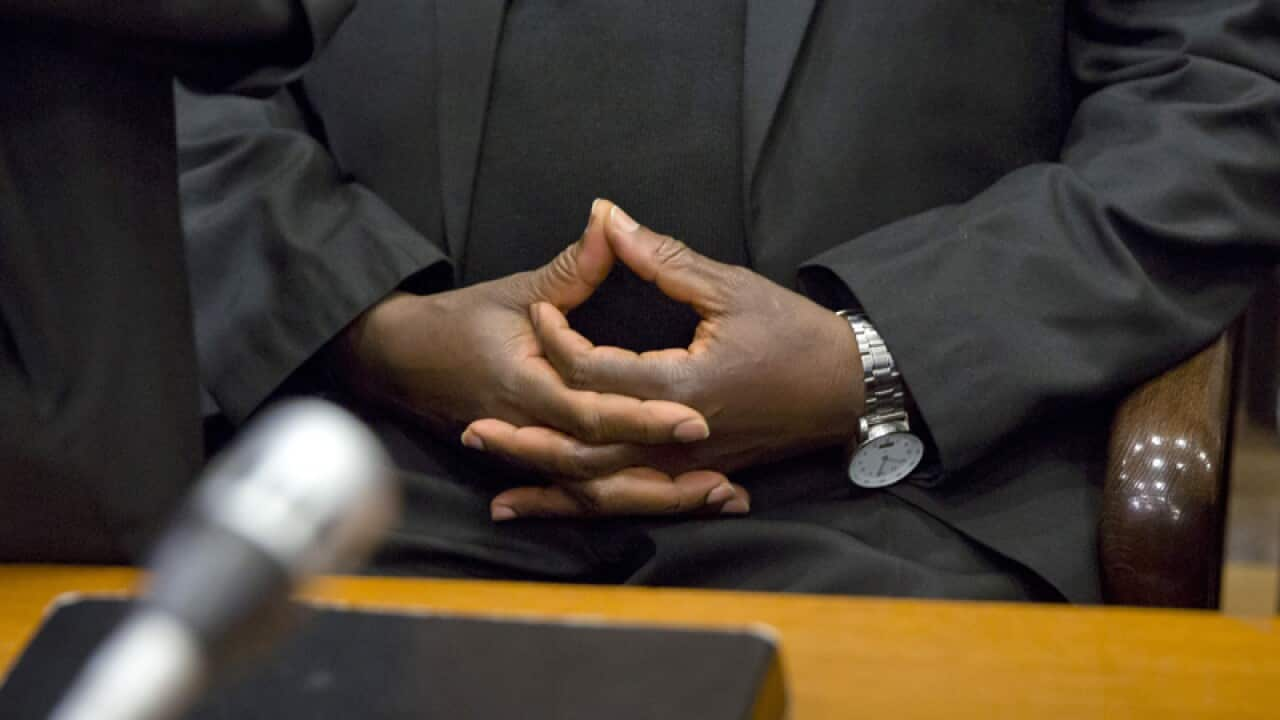France's top court has reversed a decision to extradite three Rwandans wanted by Kigali for their alleged role in the 1994 genocide that claimed some 800,000 lives.
The Cour de Cassation overturned a November appeals court ruling approving the extradition of Claude Muhayimana and Innocent Musabyimana.
It also upheld a September decision by another court rejecting the extradition of Laurent Serubuga, a former colonel.
The Cour de Cassation said the men could not be judged for a crime that was not legally defined at the time the acts were committed.
Genocide was made a punishable crime in Rwanda after laws were passed in 1996 and 2004.
Muhayimana, a French citizen since 2010, is accused of taking part in the massacre of ethnic Tutsis in the western town of Kibuye and Musabyimana in the north-western province of Gisenyi.
Serubuga, a deputy chief of staff of the Rwandan army at the time of the genocide, was detained in France in July last year following an international arrest warrant issued by a Rwandan court.
But in September, a court in the northern French town of Douai rejected calls for his extradition on the grounds that the warrant was issued more than 10 years after the alleged crimes, and ordered his release.
France this month however opened a landmark Rwanda genocide trial trying a former army captain named Pascal Simbikangwa.
After the arrest of Simbikangwa - who denies all accusations against him - France refused to extradite him to Rwanda, as it has done in previous cases, and decided to try him under laws that allow French courts to consider cases of genocide, crimes against humanity and war crimes committed in other countries.
Muhayimana can be tried under the same laws.
Before the genocide, France had been one of Rwanda's main backers. But in its aftermath, relations between the two countries collapsed.
Diplomatic ties between France and Rwanda were severed in 2006 when a French judge said Rwandan President Paul Kagame and others had orchestrated the assassination of former president Juvenal Habyarimana to trigger the bloodshed - an accusation he denies and which the French courts have now dropped.
There has since been a thaw and both trade and diplomatic relations have strengthened recently.

